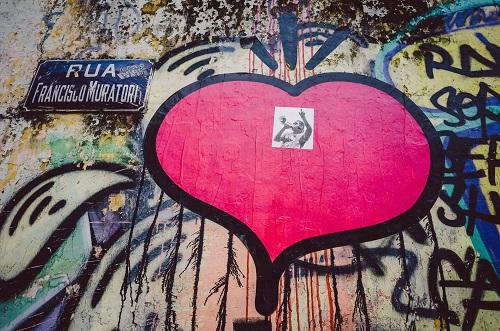Chico Buarque - a Brazilian icon

Brazil's multi-talent
One can assume that Brazil travelers encounter the songs of Chico Buarque on their way. He is a Brazilian icon, made famous for his political songs against the military dictatorship and his romantic ballads. In recent years Chico has also made a name for himself as a writer and is revered in Brazil as a national hero, although he has long since stopped storming the charts. Nevertheless, he is still present in cultural life and a reference in the Brazilian music scene.
Chico Buarque, whose real name is Francisco Buarque de Hollanda, was born in Rio de Janeiro on June 19, 1944. He grew up in an intellectual and cultural environment in São Paulo and Italy. At the age of nine Chico already composed carnival marches. His artistic career began in the early sixties. That was the time when the Bossa Nova started its triumphal procession from the districts of Rio de Janeiro and the song of the "Girl of Ipanema" was on everyone's lips. The young man broke off his studies of architecture. After making his first recordings, he achieved his national and international breakthrough in 1966 with the song "A banda". His most famous song to this day tells the story of a band marching through the streets of a small Brazilian town, tearing people away from their everyday lives for a few minutes before the magic fades away again.
Politically, Chico took a critical look at the military dictatorship of the time. He was the most banned and censored artist in Brazil and is still a symbolic figure of resistance against oppression today. Dissatisfied with politics, he decided to go into exile in Italy in 1969. One year later, however, he returned. In 1971, he defied the rulers with "Apesar de voce" (Defying You) and wrote the socially critical album "Construcao" about the vicious circle of dictatorship. With puns and ambiguity, the linguistic artist always tried to trick the censors and published music under the pseudonym Julinho da Adelaide. If he was arrested nevertheless, the police often secretly asked him for an autograph.
When democracy flourished in the mid-eighties, Chico remained creative and produced about one album per year. He wrote deeply sad and sensual love songs. Besides, this exceptional talent was involved in the Brazilian landless movement "Movimento sem terra", in support of which he recorded the album "Terra" (Earth) in 1997. Not fully occupied with singing alone, Chico wrote several plays. The "Opera do Malandro" represented his version of Brecht's Threepenny Opera in 1987. Also, he put title songs for films such as "Bye Bye Brasil" by Carlos Diegues on paper. Chico Buarque is also the author of five novels. His last novel to be published was "Spilt Milk".
On stage, the star, who is known for his blue eyes and his charisma for women, makes himself quite rare. Nevertheless, he is still artistically active at over seventy. He already counts the forty-fifth album, which bears the simple title "Chico". Clever and sensitive lyrics distinguish the great musician. The most famous melodies, however, are his early songs, which even Brazilians born much later can sing along. Maybe you too after your next Brazil vacation...
Source: Moritz

